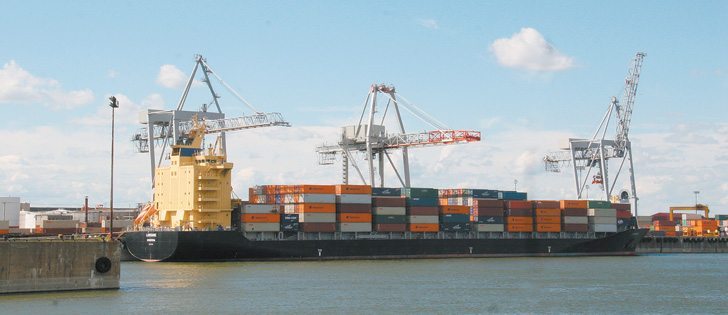For a political junkie, there are few more riveting, thrilling moments than election night — the drama, the personal stories, the horse race and the implications of the outcome.
This political junkie has covered and been riveted by 14 federal election nights over 45 years and many additional provincial moments.
They are more than worth the price of admission — democracy, new directions, new players and all that.
But for an out-of-province, Anglo Quebecker, political junkie with no say in the outcome, the joy of election night watching ends when a vote is called in that province.
Read Also

High prices see cow-calf producers rushing to incorporate
Farm accountants are reporting a steady stream of cow-calf producers rushing to get their operations incorporated ahead of selling their calves this fall.
So it will be Sept. 4 when Quebeckers go to the polls.
Liberal premier and federalist (at least as federalist as Quebec politicians get) Jean Charest is running to be the first Quebec premier in more than half a century to win four terms of office.
At this point, it doesn’t look promising for him. Polls are weak and the most effective of all political slogans (except in Alberta) — time for a change — is taking hold.
His main opponents are a separatist — Parti Québécois leader Pauline Marois who promises to blackmail Canada for more powers until Canada says “enough” and then call a referendum on separation — and former PQ minister, François Legault, who heads the recently formed Coalition Avenir Québec (coalition for Quebec’s future), a conservative business-friendly party that is swearing off a discussion of separation for 10 years.
However, Legault also has said that as long as Quebeckers will not vote for separation, a referendum that resulted in a third loss on the question would be “the worst thing that could happen.”
It sounds like he would support a referendum once he restores Quebec’s finances, but only if he is sure he can win.
As a Canadian nationalist, this is not comforting.
And that is why Quebec election campaigns are not much fun to watch. The stakes are so high.
But it seems most Canadians do not share that view.
In 1980 during the first sovereignty referendum, the whole nation was watching and breathed a sigh of relief when federalism won 59-41.
Fifteen years later, a razor-thin federalist victory had the country on Valium.
And now?
The outside-of-Quebec Canadian view seems to be that the separation threat is no longer real or if it is, so what? Canada can survive without Quebec with its equalization-sucking system if that’s what they want to do.
That’s why Quebec elections are so nerve-wracking for an Anglo Quebecker. Chances always are high that a party dedicated (avidly or secretly) to breaking up Canada will get elected.
Much of Canada doesn’t seem to care. For agriculture, the stakes are not that high.
A new Quebec agriculture minister likely will not fly to Whitehorse for the federal-provincial ministers’ meeting Sept. 12, but a deal can be struck anyway.
A conservative CAQ government likely would support drastic cuts proposed to farm safety nets. A statist PQ government could push back or demand more money from Canada to support its farmers.
But the broader question is how much traction and political energy would Canada lose dealing with yet another national unity crisis and perhaps messy divorce?
Canadians should not be so complacent, or at least so says an Anglo Quebecker with knots in his stomach.














